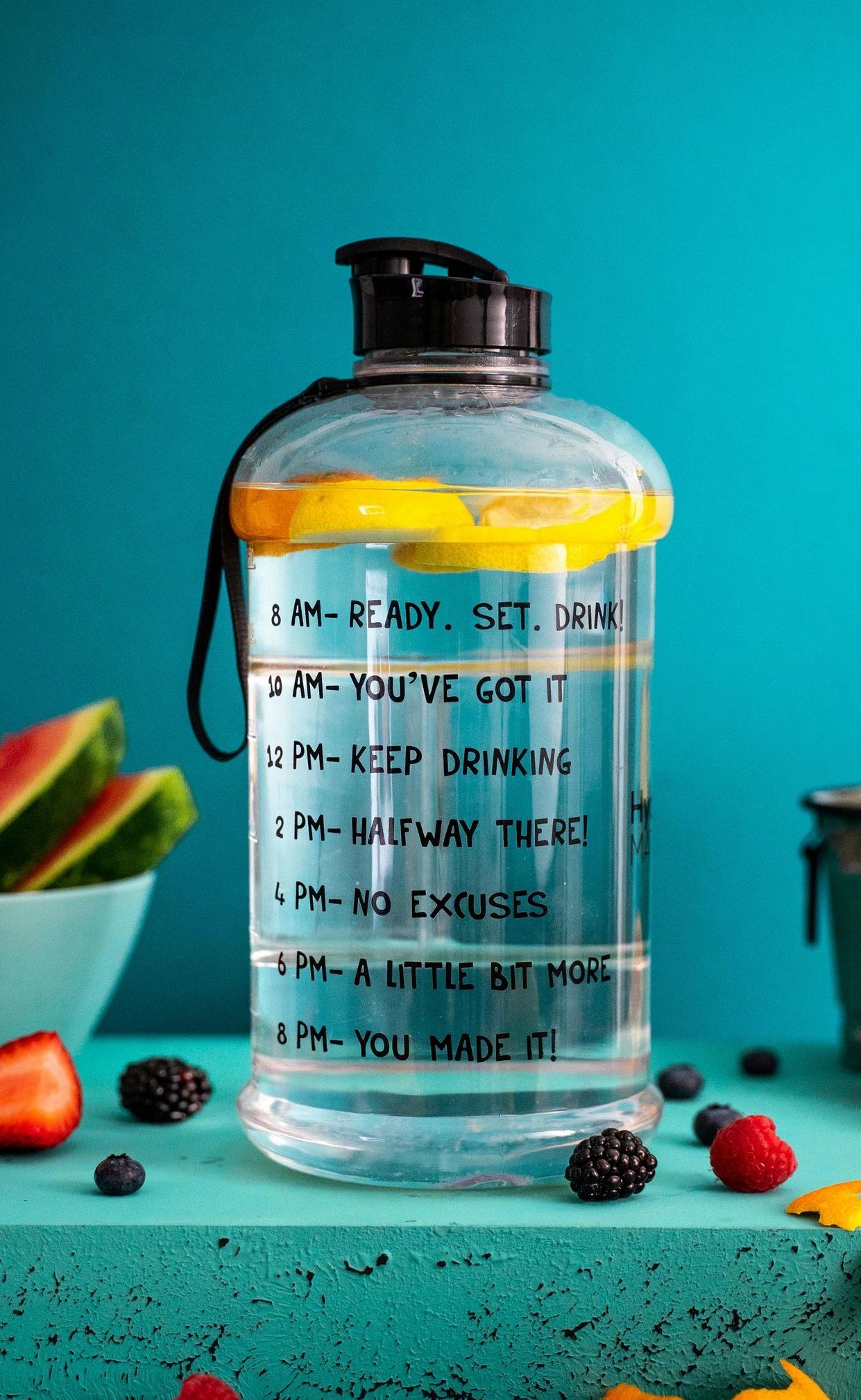Stay Hydrated in Hot Weather: Tips for Everyone (Especially with Diabetes)

When temperatures rise, so does your risk of dehydration. Whether you're spending time outdoors, exercising, or just going about your day during a heatwave, staying properly hydrated is essential for your health and well-being. And for those living with diabetes, the risks of dehydration are greater, making hydration a key part of blood glucose management.
In this post, we’ll explore practical ways to stay hydrated using both fluids and hydrating foods, and dive into why people with diabetes need to pay more attention during hot weather.

Why Hydration Matters
Water plays a vital role in almost every function of the body, from regulating temperature and lubricating joints to supporting digestion and maintaining blood volume. In hot weather, we lose more fluid through sweat, and if we don’t replace it, dehydration can quickly set in. Even mild dehydration can lead to fatigue, dizziness, headaches, and impaired concentration.
Signs of Dehydration
Some early signs to watch for:
• Thirst
• Dry mouth
• Dark yellow urine
• Headache
• Fatigue
• Dizziness or lightheadedness
Severe dehydration can lead to heat exhaustion or heat stroke, which require immediate medical attention.
Smart Tips to Stay Hydrated
1. Drink Regularly, Not Just When You’re Thirsty
Don’t wait until you’re parched to drink. Sip water consistently throughout the day, especially in the morning, before going outside, and during physical activity.
2. Choose Water First
Plain water is always a great option, but you can also hydrate with:
• Herbal teas (iced or warm)
• Sparkling water
• Infused water with citrus, cucumber, or berries
• Milk or fortified plant-based milks (which also provide micronutrients)
Limit sugary drinks, as they can contribute to blood sugar spikes and worsen dehydration in people with diabetes.
3. Eat Hydrating Foods
Many fruits and vegetables have a high water content and can contribute significantly to your daily fluid intake:
• Watermelon (92% water)
• Cucumber (96%)
• Strawberries (91%)
• Tomatoes (94%)
• Celery (95%)
• Oranges (86%)
These foods also supply vitamins, minerals, and fibre and they’re naturally low in calories and added sugars.
For fruit limit to 2-3 80 gram portions per day.
4. Cool Down with Healthy Snacks
Cold snacks like frozen grapes, fruit pops made from lemon slice and zero lemonade, or yogurt with berries are refreshing and hydrating. Avoid salty snacks, which can increase fluid loss and thirst.
5. Be Cautious with Alcohol and Caffeine
Alcohol is dehydrating, and while moderate caffeine intake is generally fine, too much (especially in hot weather) can contribute to fluid loss in some people. Balance caffeinated drinks with extra water.
Hydration & Diabetes: Why It's Even More Important
People with diabetes are more prone to dehydration for several reasons:
• High blood glucose levels can lead to increased urination, causing the body to lose more fluid.
• Medications like diuretics may increase fluid loss.
• Heat can impact glucose readings, making hydration even more critical to stability.
Tips for People with Diabetes
• Check blood glucose more frequently in hot weather, especially if you’re active outdoors.
• Carry water at all times, and drink before, during, and after any physical activity.
• Watch for early signs of dehydration, which can mimic symptoms of high or low blood sugar.
• Avoid sugary sports drinks, unless you're treating low blood sugar, in that case, use them purposefully and in moderation.
• Talk to your healthcare provider about how to adjust medication or insulin dosing in the heat.
Quick Daily Hydration Checklist
✅ Start your day with a glass of water
✅ Include fruits/vegetables in every meal
✅ Sip water between meals and snacks
✅ Drink extra if you're sweating, active, or outside
✅ Monitor urine colour, pale yellow is ideal
✅ Listen to your body, act early if you feel off
Final Thoughts
Hydration is about more than just drinking water, it’s about nourishing your body with the right foods and fluids, paying attention to signs of dehydration, and adjusting habits to fit your health needs. As temperatures rise, let hydration be part of your daily self-care, especially if you live with diabetes.







